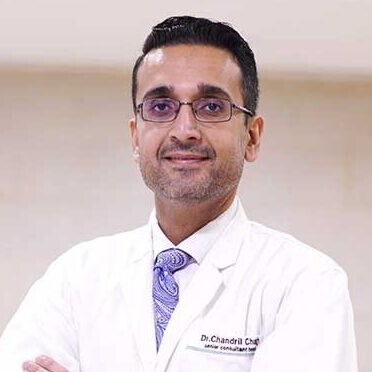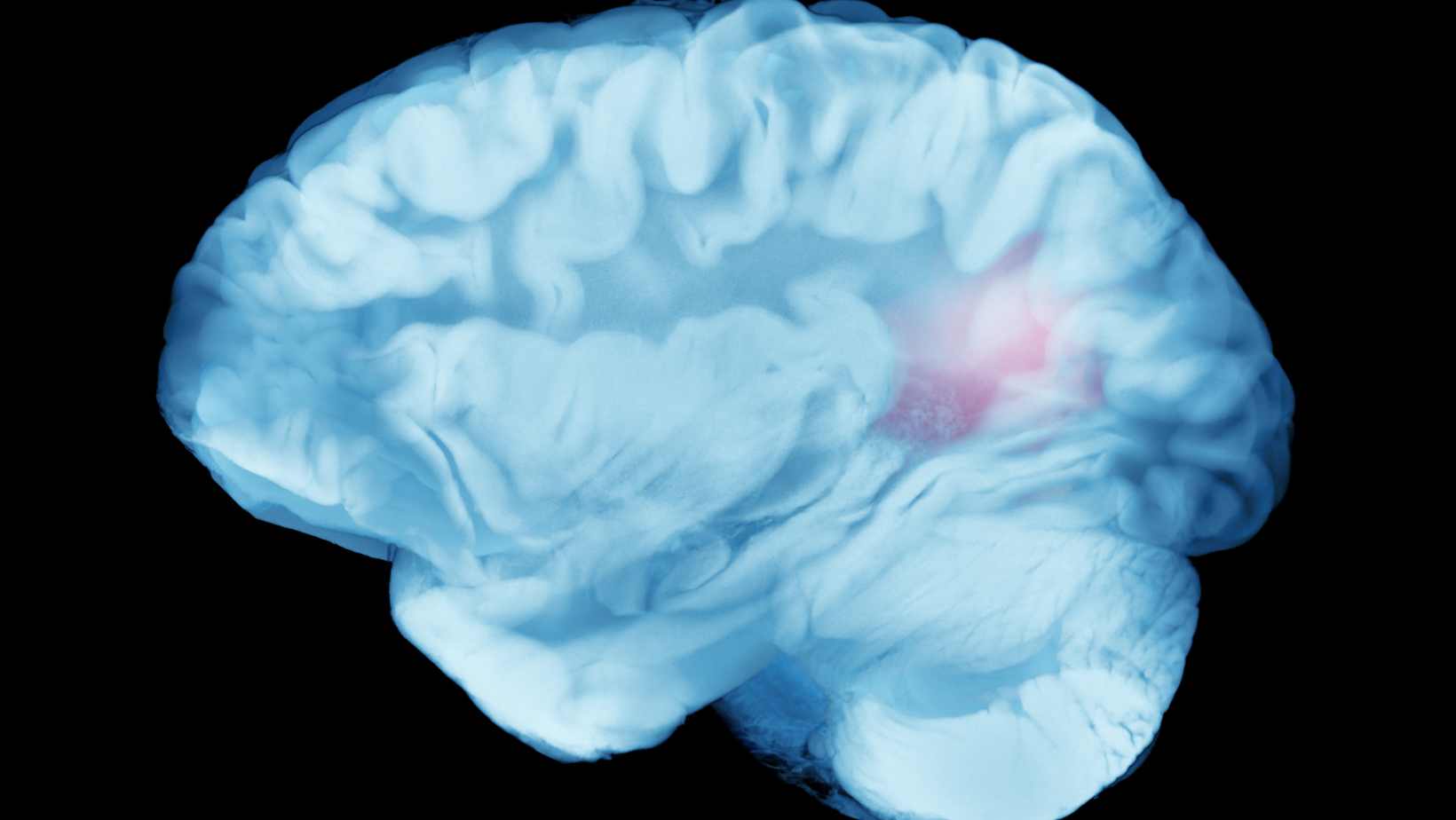Depression and dementia are one of the most common mental disorders in the elderly. In adults who experience psychological decline, it’s sometimes difficult to tell whether the cause is dementia or depression. Both the diseases can be confusing when it comes to diagnosis, as depression in older adults can include cognitive dysfunction like stress, memory loss, anxiety. On the other hand, patients suffering from dementia have symptoms similar to depression.
Table of Contents
ToggleDementia vs Depression
Patients with dementia are less likely to self-report their cognitive problems than the patients with depression.The best possible ways to differentiate between the people who are depressed versus those individuals who are suffering from dementia are-
- Memory lapses: The patients suffering from depression have occasional memory lapses, however, they will be able to remember something when asked .Those who are depressed may have trouble concentrating. Whereas people with dementia have consistent problems storing new information, for example they can’t remember what they ate for lunch or whom they have recently met.
- Depression develops faster in individuals, usually it happens very suddenly, whereas in dementia the decline in cognitive dysfunction is usually slow. It takes weeks or months to develop.
- Language use: Those who are depressed can speak language properly, although they process slowly sometimes. Patients suffering from Alzheimer’s disease often have many problems with language. For example a person has difficulty remembering the names of common things around him/her such as “table, chair, pen, paper”.
Both depression and dementia are unique to each individual. Sometimes it can be confusing to treat the patients, but with proper investigation, vigilance and knowledge regarding the differences between depression and dementia symptoms and signs, can make the diagnosis easy.
The table down below will help you differentiate both the diseases.
Dementia vs Depression- Chart
| Characteristics | Dementia | Depression | ||
| Onset | Weeks or months | Days | ||
| Course | Chronic with deterioration over time | Chronic, responds to treatment | ||
| Mood | Fluctuates | Low, apathetic | ||
| Perception | Misperceptions usually absent | Intact | ||
| Thinking | Difficulty with thoughts | Intact with themes of helplessness | ||
| Orientation | Normal | Selectively disoriented | ||
| Progression | Slow | Rapid | ||
| Activities of daily living | In the early stage, it’s intact, impaired as the disease progresses | May neglect basic care | ||
| Memory | Recent and remote impaired | Selectively impaired | ||
| Effect on testing | Mostly good | May be poor |
In mental health research, one of the most interesting topics of study is how dementia and depression are related? Results show that in 2 different aspects-
- Those who have significant clinical depression may have a risk factor of developing dementia.
- There are many individuals who are suffering from dementia and have depression. If left untreated, intellectual dysfunction like memory loss, confusion starts declining.
Dementia and depression link at a biological level which includes the mechanism of alternation of glucocorticoid steroids, vascular diseases, increased deposition of beta-amyloid plaques, and deficits of nerve growth factors. As discussed before, people with depression start deteriorating their memory and ability to concentrate very fast. So, it appears that individuals with long clinical depression have a risk of developing dementia. However, having a risk factor for Alzheimer’s disease doesn’t mean that everyone suffering will get Alzheimer’s disease; many people with depression never get dementia. The researchers after doing a study found a link between the two, but there is no proven cause and effect relationship.
Dementia vs Depression- Symptoms
The patients suffering from Dementia shows symptoms like-
- memory impairment that affects day-to-day function. This is a noticeable sign of dementia.
- Difficulty in performing day-to-day activities.
- Reduced reasoning, language, and other thinking abilities.
- Poor judgment.
- Disorientation of time and place, and misplacing items in inappropriate places.
- Repeatedly asking the same questions.
- Sudden changes in mood or behavior, with no apparent cause.
- Change in personalized
The symptoms and signs should by Depressive individuals are –
- Feeling unhappy and not satisfied most of the time.
- Forgetting things frequently.
- Feeling fatigued when without doing any work.
- Finding difficulty in taking decisions.
- Losing confidence and having thoughts of harming yourself.
- Experiencing a loss of appetite. Having no urge to eat food .
- Feeling restless and irritated most of the time.
- Sleeping too much or too little.
Dementia versus Depression in elderly
Dementia and depression are among the most common psychiatric disorders seen in elderly individuals. Older people with depression are at increased risk of dementia and this risk is boosted if they have had signs for a long time. Understanding the differences and putting the proper interventions into place helps to ensure the best treatment is given to the elderly. Consulting a mind doctor in Delhi or talking to a doctor online can help the individual to deal with the problem.
Elderly patients are at high risk for depression and cognitive dysfunction, the latter of which can be chronic as seen in dementia. There are some patients who have both psychological and cognitive dysfunction. The diagnosis should be done carefully for the correct treatment. But this process can get difficult as mostly older patients deal with both psychological and cognitive dysfunction.
According to the research Dementia is an age-associated illness estimated to affect 5%-7% of people between the ages of 70 and 80. In elderly patients worsening of cognitive disorder is a normal consequence of aging. Most importantly patients fail to understand the disease and can’t report cognitive disorders. That’s why mild and moderate dementia can go untreated. Families may only notice deficits when the level of functional impairment starts declining.
Dementia vs Depression- Treatment
When a patient is diagnosed by Dementia, you want to do everything possible to help them improve their memory, mood, behaviour,and thinking abilities. Cognitive stimulation therapy (CST) can be effective for patients suffering from mild to moderate dementia. At meetings, there are groups of patients who do mentally engaging activities, like talking about current events, playing word games, singing. These patients should stay active and do some physical exercises , and indulge in activities like gardening, walking , dancing. Prioritizing their sleep and diet is a must. They should be fed with food that can help their body as well as their brain .
No medications can cure Dementia. But some help to deal with the symptoms for a certain period of time. Those medications are-
drug
- Antipsychotic drugs– These are medications originally developed to treat schizophrenia and other illnesses featuring psychosis symptoms. But they can help control feelings and behaviors such as aggression, agitation, and delusions through sedative effects. Common antipsychotic drugs for older adults are Risperidone, Olanzapine, Haloperidol. The risks of taking antipsychotics are increased chances of stroke and death, extrapyramidal symptoms which include stiffness and tremors.
- Mood-stabilizers– These drugs are commonly used to treat seizures. They generally reduce the excitation of brain cells. Commonly used mood stabilizers for adults are Valproic acid.
- Antidepressants– These can help with low mood, anxiety, and irritability Commonly used drugs are Selective serotonin reuptake inhibitors (SSRI). An antidepressant that is sedating and is often used at bedtime to help improve the quality of sleep.
On the other hand, when the patient is diagnosed with Depression, medications and therapies are effective. It is crucial to seek the right treatment from a neuro physician in Jaipur or get an appointment with a neurologist online chat. There are few therapies like-
- Psychotherapy– Treatment of behavioral and mental disorders by talking. This improves communication skills and works on self-esteem.
- Behavior therapy– This particular therapy focuses on how to improve patients’ behavior associated with psychological distress.
- Cognitive-behavioral therapy– This therapy helps in reducing negative thoughts and emotional responses.
Medications that can cure depression are-
- Selective serotonin reuptake inhibitors (SSRIs)– SSRIs are frequently prescribed drugs for antidepressant patients. Serotonin is a brain chemical that is responsible for mood. It may help improve mood and produce healthy sleeping patterns. SSRIs include well-known drugs such as fluoxetine and citalopram.
- Tricyclic antidepressants are atypical antidepressants such as bupropion.
In addition to medications and therapies, the patient should follow their daily habits and take nerve repair food that benefits the mind and body.
To solve your mental health problems, get in touch with Dr. Chandril Chugh or book an appointment with an online neurologist. You can find him among the top 10 neurologists in Delhi NCR, top neurologist in Gwalior, and top neuro physician in Patna. Dr.Chandril Chugh is considered one of the best neurologist in Faridabad and a neurosurgeon in Patna. Also, his ability to treat patients online with care is remarkable.
Considering consulting professionals like neurologists or booking online neurologist consultation, Dr. Chandril Chugh being an online neurologist can be a great and quick way to recover for neurological patients. You can also find him as a neurologist in Punjab, the best neurologist doctor in Delhi, the best neurologist in Faridabad or brain specialist doctor in Faridabad , a migraine doctor in Jaipur or top neurologist in Jaipur or neurologist doctor in Jaipur, the best neurologist in Saket, neurologist in South Delhi or best neurologist in South delhi, neurologist in Agra or a mind doctor in Agra, mind doctor in Delhi, top neuro physician in Patna and a top neurologist in Gwalior, famous neurologist in Gwalior or neurologist doctor in Gwalior. He is also amongst the top 5 neurologist in Patna and top 10 neurologist in Delhi,ncr, and is also famous for his long distance senior care services. They will guide you to the right path and assure you that you don’t lose track. Having a piece of expert advice with you is of the utmost importance when you’re in a deplorable state.
Also Read:

This article is medically reviewed by Dr. Chandril Chugh, Board-Certified Neurologist, providing expert insights and reliable health information.
→ Book a consultation to discover which remedies suit your needs best.
About Author | Instagram | YouTube | Linkedin




